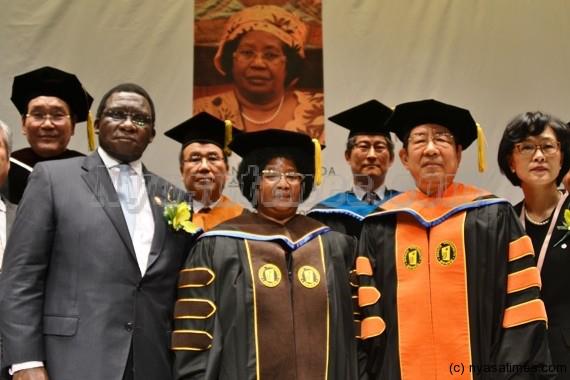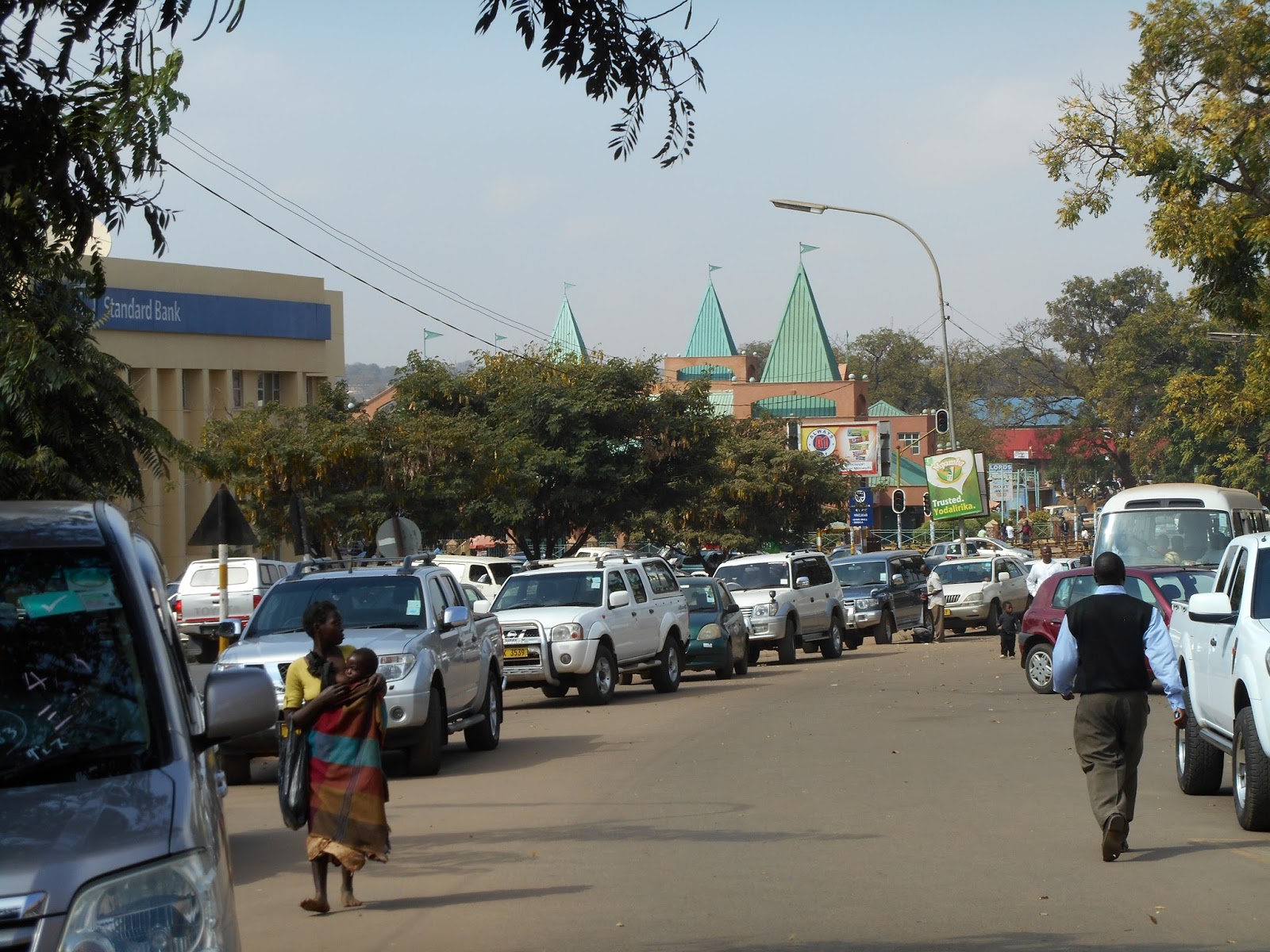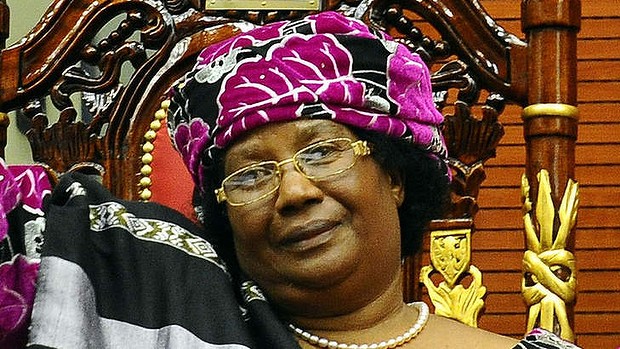It feels good that our President, Joyce Banda, has been awarded an honorary doctorate degree by some university in South Korea. As the second ever female Head of State in Africa, who is also rated among the most influential women in the world, JB is likely to scoop more such degrees, especially if she survives the 2014 polls.
But such honours no longer rouse excitement here. Bingu wa Mutharika, Bakili Muluzi and Hastings Kamuzu Banda—all the past presidents of Malawi—were accorded honorary doctorate degrees. In the case of Mutharika, China went a step further by crowning him professor. It appears there is no limit to how far world universities can go to massage the egos of African despots.
All the more reason why there is absolutely no justification for name-changing, let alone wasting tax-payer’s money on changing portraits. Nelson Mandela, Frederick Chiluba, Joachim Chissano and Robert Mugabe are all Sadc leaders who were accorded one or more honorary doctorates.
Yet, Mandela, the superstar of them all, is fondly known by his people as Madiba, not Dr. Mandela. Even Mugabe is better known by Zanu-PF supporters as Comrade Mugabe and not Dr. Mugabe.
In Malawi, all those leaders who were quick to affix Dr to their names caused the voters so much misery that they all retired with very broken legacies indeed.
Kamuzu couldn’t believe his eyes when the people he took for granted rejected him twice—in a 1993 referendum and first multiparty presidential election in 1994.
Muluzi thought he could hoodwink Malawians into granting him the life presidency. They rejected every move he made to extend his term of office. By the time they were done with him, even his UDF was looking like worn-out curtains!
Mutharika lived to see the unprecedented support voters throughout Malawi lavished on him in the May 2009 elections evaporate completely in under two years of sheer political madness. By the time he died in April, 2012, the clergy-led Public Affairs Committee (PAC) had already given him 60 days to step down! The title of professor couldn’t garner support for him.
By divine grace, the Constitution ushered in JB to steer the ship from troubled waters so that we could live to thank her another day. It is what she does for Malawi and its people, not how many honorary doctorates she amasses, that will endear her to the voters.
As I have said before, two years is too short a time for JB to shine by constructing roads, bridges, hospitals or school blocks as her predecessors had done. The country’s coffers are also so empty that spoiling voters with splurges as her predecessors had done would simply be tantamount to political suicide.
The only practical thing for JB to do to win the votes and build a legacy is by introducing more reforms in the presidency itself and the entire public sector. People had seen Kamuzu, Muluzi and Mutharika amassing so much wealth when the country they were leading was getting poorer and poorer. They now want a Mother Theresa, willing to sacrifice excessive luxury so that the money saved can be used to buy drugs for our hospitals.
People want a leader who upholds the rule of law and respects the rights of all Malawians, not victimising supporters of the opposition. People should lose their jobs in government and statutory corporations if they are not performing or have violated the laws, but not simply because they come from a “wrong” tribe or region.
People want a leader who deals decisively with corruption, not bury the head in the sand when his or her cronies are busy stealing from the poor and only act when the culprit is from the opposition side. On corruption, JB should be on the side of the people, shielding them from corrupt fatcats from whichever side of the political divide they may come from.
Can good policy help JB win an election? In 2004, Mutharika became president by winning only 36 percent of the votes. The majority 64 percent opted for change; they abhorred the thought that voting for Mutharika meant perpetuating the bad policies of UDF, the party that ushered him into office.
On his inauguration day, Mutharika boldly championed reforms—promising to end hunger, rewarding people on merit, turning Malawi into a producer/exporter economy and, above all, adopting a zero-tolerance for corruption policy—he was immediately embraced by the majority who had denied him the vote! The minority who voted for him declared him an enemy.
It was a trust that grew with time and saw him defeat decisively an election alliance of MCP and UDF, scooping over 60 percent of the votes and demolishing the regional boundaries which had hitherto defined Malawian politics.
It is sheer arrogance and selfishness that made Mutharika die a lonely man only two years later, ditched by many, including some of his cronies who abandoned DPP even before his body was laid to rest.




